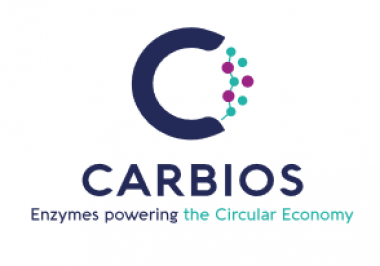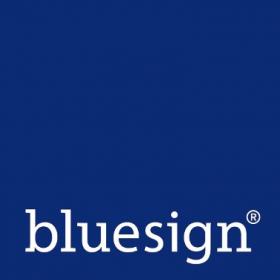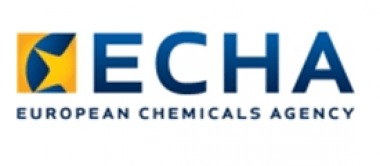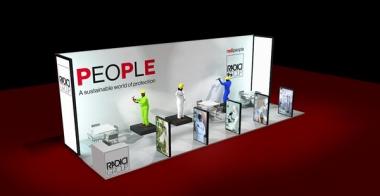Lenzing: Outstanding results for social sustainability
The Lenzing Group has achieved outstanding results in the Higg Facility Social & Labor Module (FSLM) certification for five of its production sites. This involved measuring the social impact of production in areas such as wages, working hours, health and safety and treatment of employees.
One of Lenzing's key sustainability goals is to obtain a valid, independently audited and accredited social standard certificate for each of the Lenzing Group's production sites by 2024. This goal is pursued through the Higg Facility Social & Labor Module (Higg FSLM), which assesses social and labor-related conditions. In 2023, more than 7,200 companies worldwide underwent this audit, with Lenzing's result placing it in the top 25 percent of all verified Higg FSLM facilities.
A recent study by the Society for Applied Economic Research in Innsbruck (Austria)1 emphasises Lenzing's responsibility as an important employer. The Lenzing Group creates a total of 25,292 jobs in the five countries in which it operates production facilities. This figure includes not only employees, but also indirect jobs - because every direct job created creates more than two additional indirect jobs in other sectors of the economy.
1 GAW Wirtschaftsforschung: Economic and Regional Importance of the Lenzing Group in 2023; March 2024
Lenzing Group

































